- DMG Editorial: A Parliament Without the People Cannot Govern Arakan
- Displaced Arakanese struggle to rebuild homes leveled by junta airstrikes
- India suspends Arakan trade route for two months after death of truck driver in Paletwa
- Landmine, ERW casualties rising in Arakan State amid ongoing conflict
- Eight children killed or injured in two days of shelling, UXO blasts in Hpakant
China’s new special envoy to Myanmar meets representatives of seven EAOs in Yunnan
Representatives of seven ethnic armed organisations (EAOs) have reportedly met the new Chinese special envoy to Myanmar, Deng Xijun, in China’s Yunnan Province in recent days.
29 Dec 2022
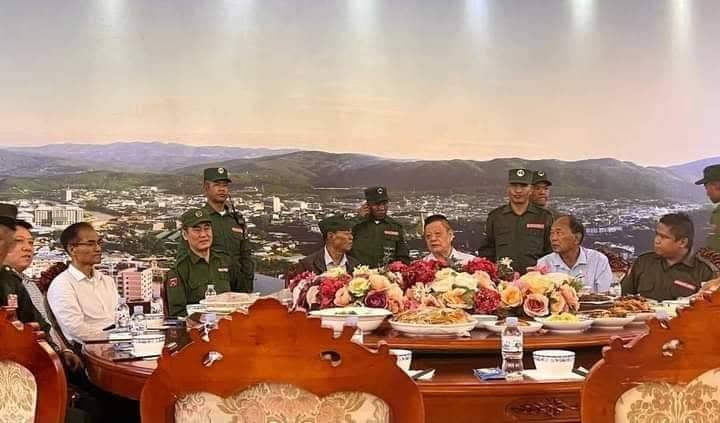
DMG Newsroom
29 December 2022, Sittwe
Representatives of seven ethnic armed organisations (EAOs) have reportedly met the new Chinese special envoy to Myanmar, Deng Xijun, in China’s Yunnan Province in recent days.
The special envoy met separately with representatives of the United Wa State Army (UWSA); the Kachin Independence Army (KIA); National Democratic Alliance Army (NDAA); Shan State Progress Party (SSPP); Arakan Army (AA); Ta’ang National Liberation Army (TNLA); and Myanmar National Democratic Alliance Army (MNDAA).
“We met with China’s new special envoy to Myanmar, but just to make introductions to each other. There was no discussion on particular issues,” UWSA liaison officer U Nyi Rang, based in Shan State’s Lashio, told DMG.
“The Chinese special envoy’s meeting with seven EAOs that have not signed the Nationwide Ceasefire Agreement comes at a time when China needs to have a more complete understanding of the situation in Myanmar and their political attitudes vis-a-vis the plans of the military regime,” said U Than Soe Naing, a political analyst.
The military junta is preparing to hold elections in August 2023.
DMG was unsuccessful in initial attempts to contact AA spokesman U Khaing Thukha to find out more about what was discussed at the Arakanese ethnic armed group’s meeting with Deng Xijun.
Deng Xijun served as China’s special envoy for ASEAN affairs from 2020 to November of this year, before succeeding Sun Guoxiang as the Chinese special envoy to Myanmar.
The seven EAOs are known collectively as the Federal Political Negotiation and Consultative Committee (FPNCC). None is signatory to the Nationwide Ceasefire Agreement (NCA), having adopted a policy of negotiating through other political means.




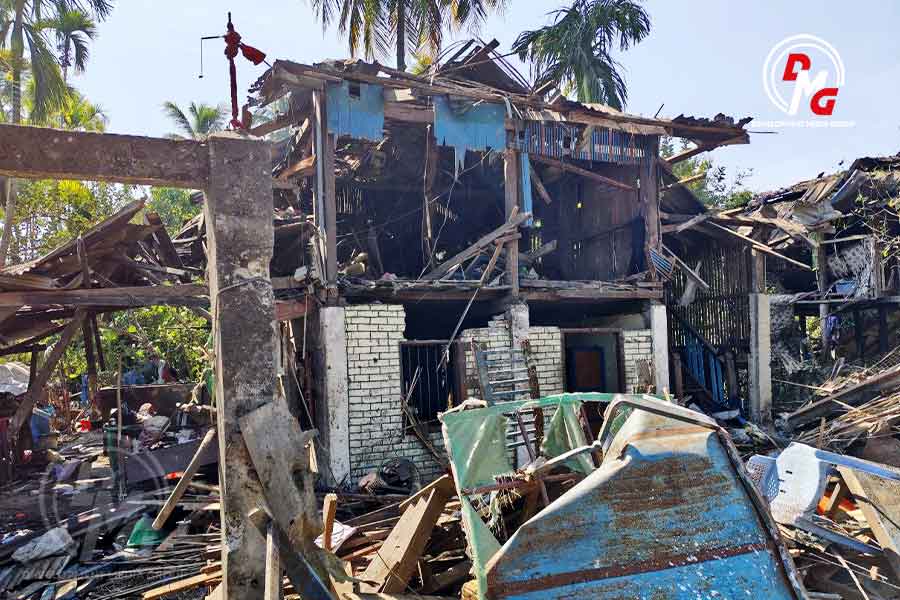
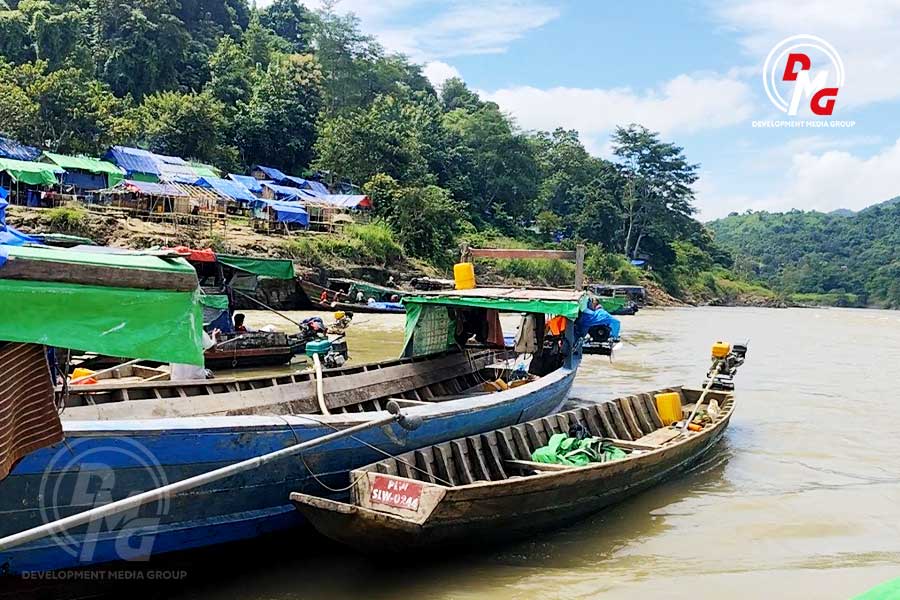
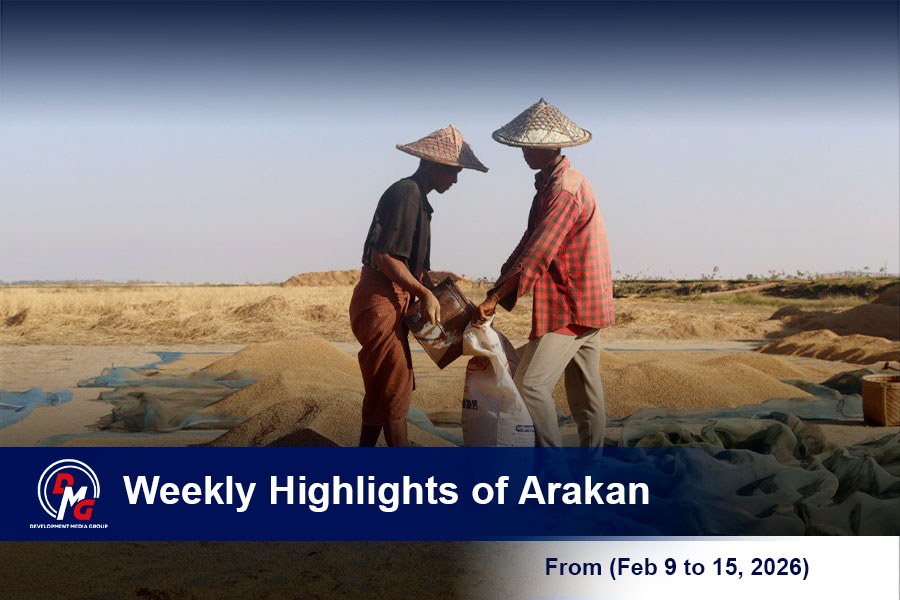
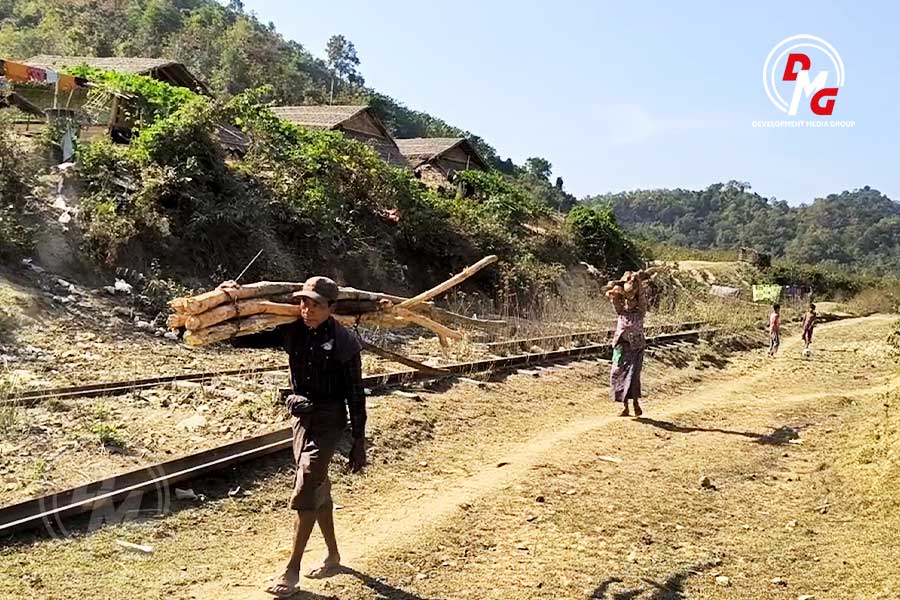
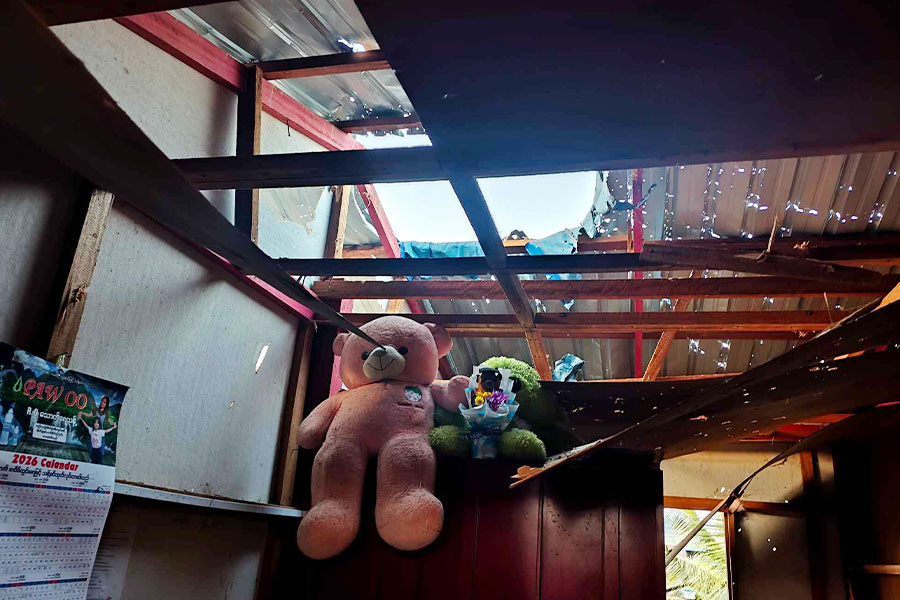







.jpg)
